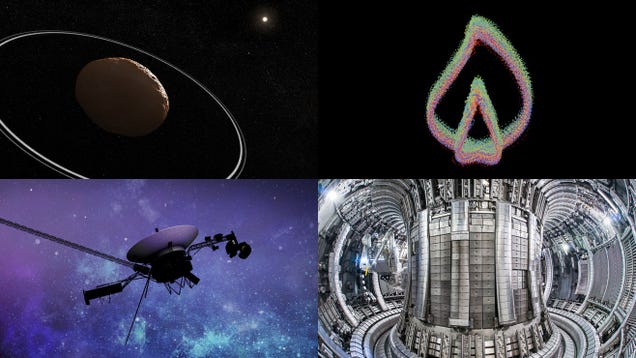
The 46-year-old Voyager 1 spacecraft is on the fritz again, and this time it may be critical. As one engineer said, “this is, by far, the most serious since I’ve been project manager.” Here are our top science stories from this week.

The 46-year-old Voyager 1 spacecraft is on the fritz again, and this time it may be critical. As one engineer said, “this is, by far, the most serious since I’ve been project manager.” Here are our top science stories from this week.
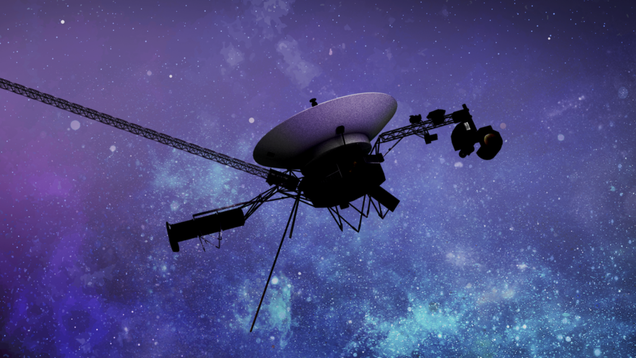
Humanity’s most distant spacecraft is glitching out—again—and engineers are having quite a difficult time solving the problem. Voyager 1, what are we going to do with you?
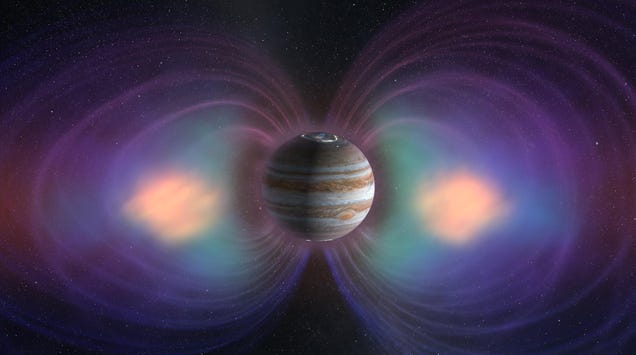
There are jets in Jupiter’s magnetosheath, according to Voyager 2 mission data from 1979. The 45-year-old information is now revealing the dynamics of the plasma stream.

Space is hard, as the cliché reminds us, and that was plenty clear this week, as several groups ran into trouble: NASA with its aging Voyager 1 spacecraft, AstroForge with a struggling debut mission to prove asteroid mining can work, and a few missing-in-action satellites from a recent SpaceX launch. Back on Earth,…
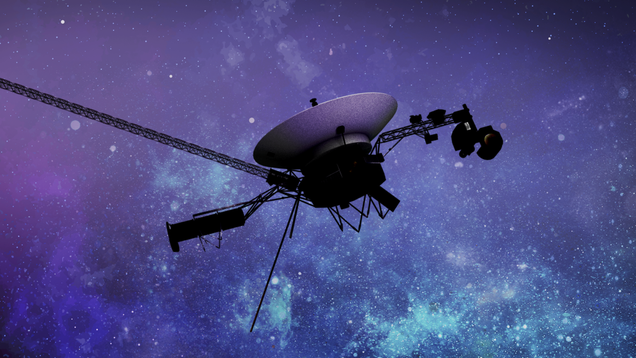
NASA’s iconic space probe is having trouble communicating with its home planet due to a computer glitch, forcing engineers to resort to decades-old manuals to come up with a way to fix the 46-year-old mission.
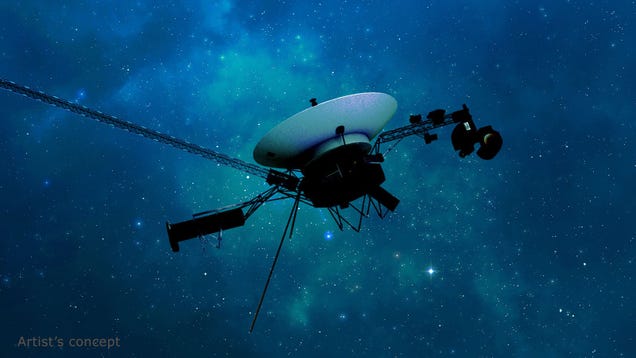
NASA’s Voyager team has rolled out important measures in an attempt to further prolong the interstellar journey of the two Voyager spacecraft, which have been transmitting data from deep space since 1977.
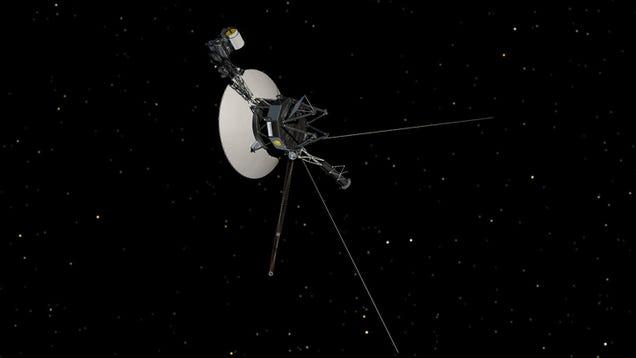
NASA’s Voyager 2 spacecraft, currently 12.4 billion miles (19.9 billion kilometers) from Earth, has phoned home, essentially telling mission controllers that the recent rumors of its impending death have been greatly exaggerated. The ongoing communications problem, however, remains unresolved.
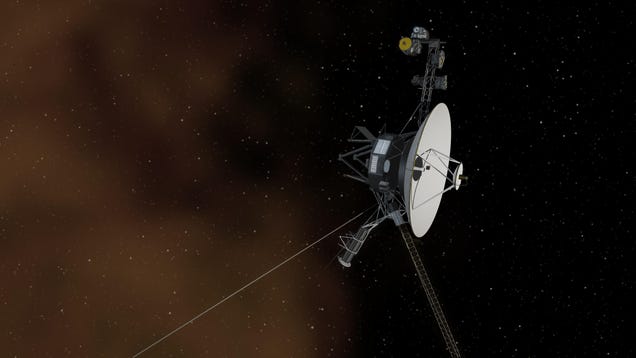
A routine sequence of commands has triggered a 2-degree change in Voyager 2’s antenna orientation, preventing the iconic spacecraft from receiving commands or transmitting data back to Earth, NASA announced earlier today.
NASA/JPL/Insider